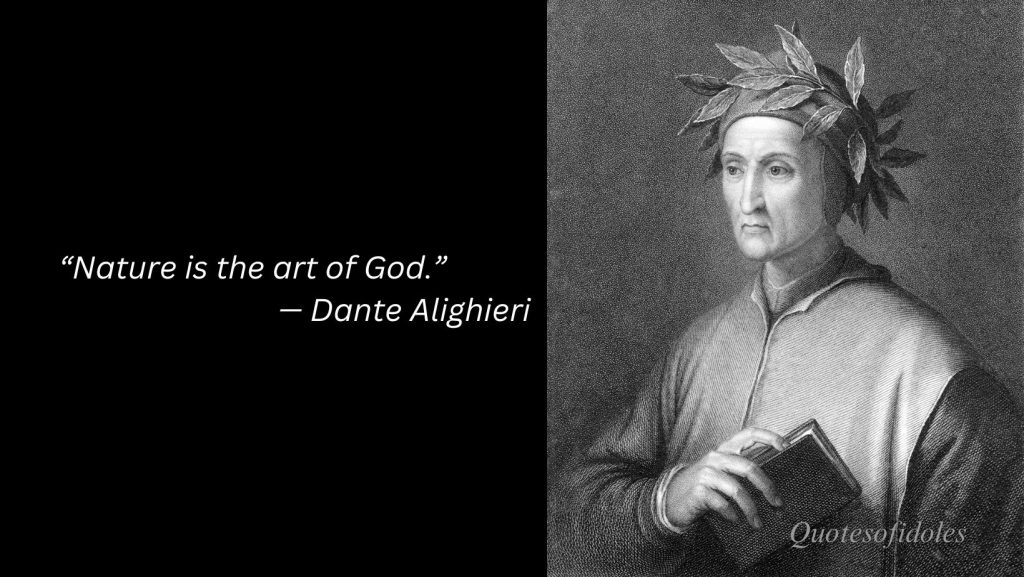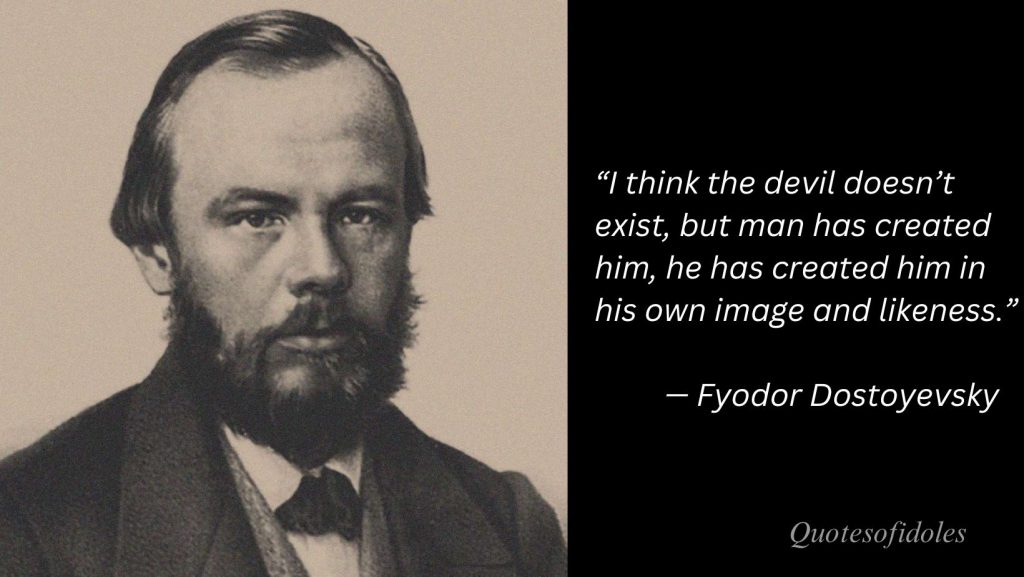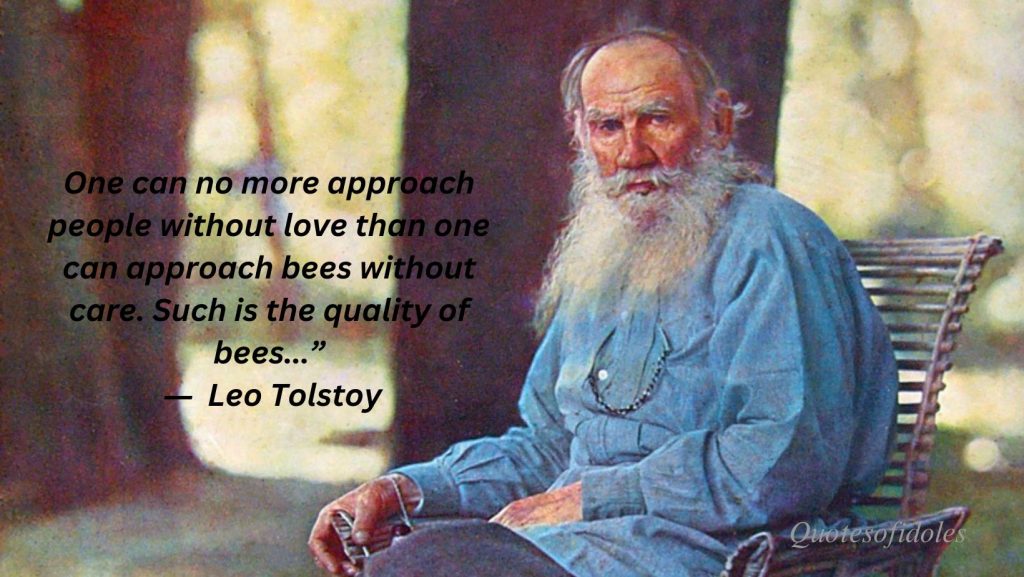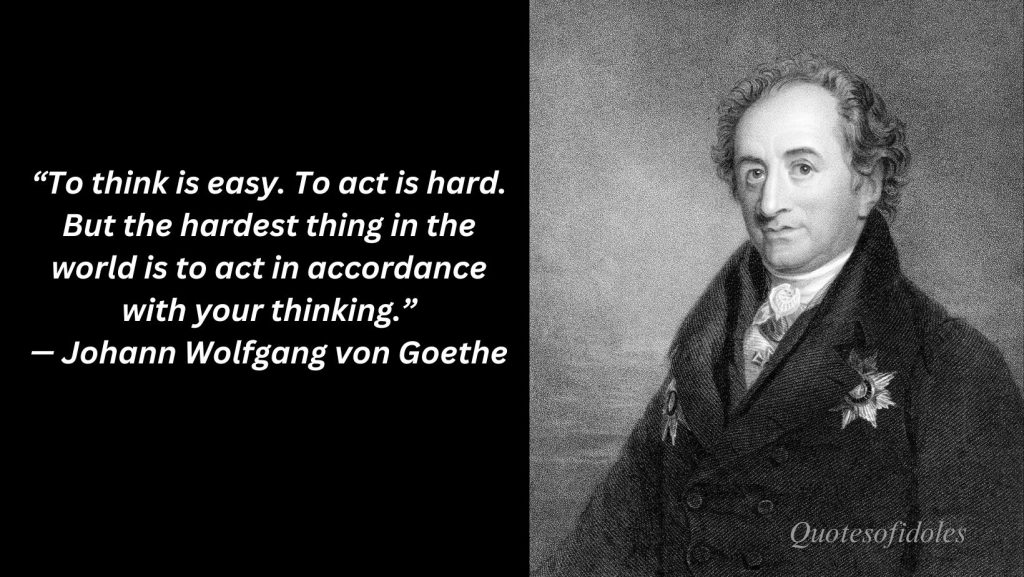Khwaja Bahauddin Naqshband, born in 1318 CE in Bukhara, Uzbekistan, was a prominent Central Asian Sufi master who founded the Naqshbandi order, one of the major Sufi orders in Islam. His teachings emphasized silent meditation and the inward remembrance of God, focusing on spiritual purification and mindfulness in daily life. Naqshband’s order gained widespread influence, attracting followers across the Islamic world due to its practical and disciplined approach to Sufism. His emphasis on maintaining mindfulness of God amidst daily activities resonated with many seekers, inspiring them to seek spiritual enlightenment through disciplined spiritual practices. The Naqshbandi order’s legacy endures today, with millions of followers worldwide practicing its teachings and striving for spiritual growth and inner transformation. Khwaja Bahauddin Naqshband’s life and teachings continue to inspire seekers of spiritual truth, reflecting the timeless principles of Sufism and the pursuit of divine intimacy.
Khwaja Bahauddin Naqshband Quotes
01. “During my mystical journey, once an inner state like that of Mansur Hallaj appeared in my being. It was likely I might utter the same words ‘I am the Truth’, from my mouth which had come out of his mouth. There was a gallows in Bukhara. I went twice toward it thinking that my head too deserves the same treatment, i.e., crucifixion. But by the Divine Providence, I crossed this station.”
— Khwaja Bahauddin Naqshband
02. “Kernel is protected by rind (husk). If rind is disturbed, it also disturbs kernel. Shariah is rind or husk, mystic way (tarigat) is kernel. If defect occurs in the observance of Shariah, the mystic path is also blurred.”
— Khwaja Bahauddin Naqshband
03. “Someone asked: ‘What is meant by ‘when Faqr is complete, it is God’?’ He said it means the being of man is annihilated and subsistence is attained in the Absolute Being. Or it is the passing away of individual self in the Universal Being. It is a death of selfhood.”
— Khwaja Bahauddin Naqshband
04. “To auliya Allah are revealed Divine mysteries, but they don’t disclose without permission. It is said, he who has something, conceals it, and he who has nothing, publicizes.”
— Khwaja Bahauddin Naqshband
05. “The mirror of each Shaikh (spiritualist) amongst the Mashaikh has two directions and my mirror has six. By mirror means the heart of the gnostic (arif).”
— Khwaja Bahauddin Naqshband
06. “The saint is secure due to Divine Providence. He is protected from all calamities. Miracles or supernatural powers are not trustworthy.”
— Khwaja Bahauddin Naqshband
07. “I asked one of the topmost spiritualists ‘What is dervishhood?’ He replied: ‘Abasement and indigence.'”
— Khwaja Bahauddin Naqshband
08. “Phenomenon (majaz) is a bridge to the Real. It means all kinds of worship, whether external or internal, of acts or speech, are unreal (majaz) or metaphorical. The wayfarer cannot achieve the Reality (haqiqat) unless he transcends all of them.”
— Khwaja Bahauddin Naqshband
09. “Someone asked: ‘What is meant by sair-o-suluk?’ He said exhaustive knowledge of God (marifat). He again asked: ‘What is that?’ ‘To transmit (spiritual wealth) fully what has been attained from the mukhbir-e-sadiq (Bringer of true intelligence; a title of the Holy Prophet) in short,’ he replied.”
— Khwaja Bahauddin Naqshband
10. “Reality in the true sense is attainable after annihilation (fana). As long as creaturehood (Bashariat) overwhelms, it cannot be achieved.”
— Khwaja Bahauddin Naqshband
11. “He who trusts in God should not consider himself reliant (mutawakkil) and should conceal his reliance in occupation. We, in the spiritual path, choose abasement (zillat), but Allah Most High, by His providence, conferred honor on us.”
— Khwaja Bahauddin Naqshband
12. “Some people asked Khwaja to work miracles (karamat) for them. He said: ‘Our karamat is evident that we can walk on the earth despite being overloaded by sins.'”
— Khwaja Bahauddin Naqshband
13. “The main thing is to be steadfast in one’s talks and acts. The travelers of the mystic path are conferred sainthood by obeying Divine commands and injunctions. There are three kinds of Sufi saints: A follower (muqallid), accomplished (kamil), and perfect infinite. The disciple should surrender himself to the will of his spiritual Guide (Pir). This is resignation (tasleem).”
— Khwaja Bahauddin Naqshband
14. “Had there been another being (wujud) except human being, the treasure of Fagr (spiritual poverty) would have been buried there since treasures are always found in dreary lands.”
— Khwaja Bahauddin Naqshband
15. “Our method is suhbat (companionship) of the spiritual Guide (Shaikh) and renown lies in solitude which entails woe and anguish.”
— Khwaja Bahauddin Naqshband
16. “Wilayat (sainthood) is a Divine boon, and the saint should be aware of it so that he could express thanks to the Almighty.”
— Khwaja Bahauddin Naqshband
17. “It is not the law of this game (traveling the mystic path) that whoever runs a race shall win. But only he wins who has organized the race.”
— Khwaja Bahauddin Naqshband
18. “Ardency of love essentially requires that lover persistently remain in quest of the beloved. The dearer the beloved, the more woe, anguish, and afflictions will be present on the way to Him. In the mystic path, excellent conduct of the aspirant is that he should remain restive and uneasy in His quest.”
— Khwaja Bahauddin Naqshband
19. “Some asked Khwaja whether his sainthood is inherited or acquired? He said: ‘It is spiritual perception and emotion from the Divine attractions by the virtue which I succeeded.’ Someone asked: ‘Do you engross in loud Zikr, mystic music (sama), and retreat?’ He said: ‘Our method is ‘solitude in the crowd,’ (Khalwat dar anjuman) which means to remain busy in His adoration while living in society; to be busy in His invocation outwardly and inwardly; to be aware of our inmost heart and unaware of the entire phenomenal world. No mode of life is better than this in the world.'”
— Khwaja Bahauddin Naqshband
20. “It is related that Khwaja had no male or female slave. Someone asked about this. He said in servanthood, there should be no masterhood (Khawjgee).”
— Khwaja Bahauddin Naqshband
21. “In His worship, we need the body and in servanthood (ubudiyyat), it is to alleviate it (the body). No act will yield any result as long as egoism (selfhood) persists.”
— Khwaja Bahauddin Naqshband
22. “In the beginning, we made ourselves ‘Desired’ (matiub) and other Desirers (taliby). But we have deserted this practice. The real mentor (murshid) is Allah Himself. And he who is the true seeker of Him is sent to us by Him, and he gets what is apportioned to him.”
— Khwaja Bahauddin Naqshband








